LEARN MORE about our new online ACADEMIC VOCABULARY WORKSHOP
Welcome to the home of the Academic English & TOEFL preparation

HELLO INTERNATIONAL PROFESSIONALS!
If you are looking for help with your Academic English and TOEFL preparation, you've come to the right place. Our CERTIFIED ESL Teacher and TOEFL Prep Specialist has been helping foreign Pharmacists, Physicians, Surgeons, Dentists, Physiotherapists, Nurses, Lecturers, Engineers, Teachers, Doctoral students and other Internationally Trained Professionals ace the TOEFL exam and reclaim their professional life in North America, since 2006. To see some of their testimonials, follow the links above.
If you can relate to these stories and would like to see how we can help YOU, scroll down and take a tour of our services.
Available Services & Resources

Academic Vocabulary Workshop - the WAITLIST
This is the WAITLIST for our upcoming Academic Vocabulary Workshop.

Private Academic English Lesson
Our Head Teacher, a Certified ESL Instructor with a BA in English Language and Literature, has been teaching Academic English for more than 20 years. She will personally guide you through a series of comprehensive Academic Vocabulary, Reading, Speaking and Writing exercises.

4 Private Academic English Lessons
Our Head Teacher, a Certified ESL Instructor with a BA in English Language and Literature, has been teaching Academic English for more than 20 years. She will personally guide you through a series of comprehensive Academic Vocabulary, Reading, Speaking and Writing exercises.
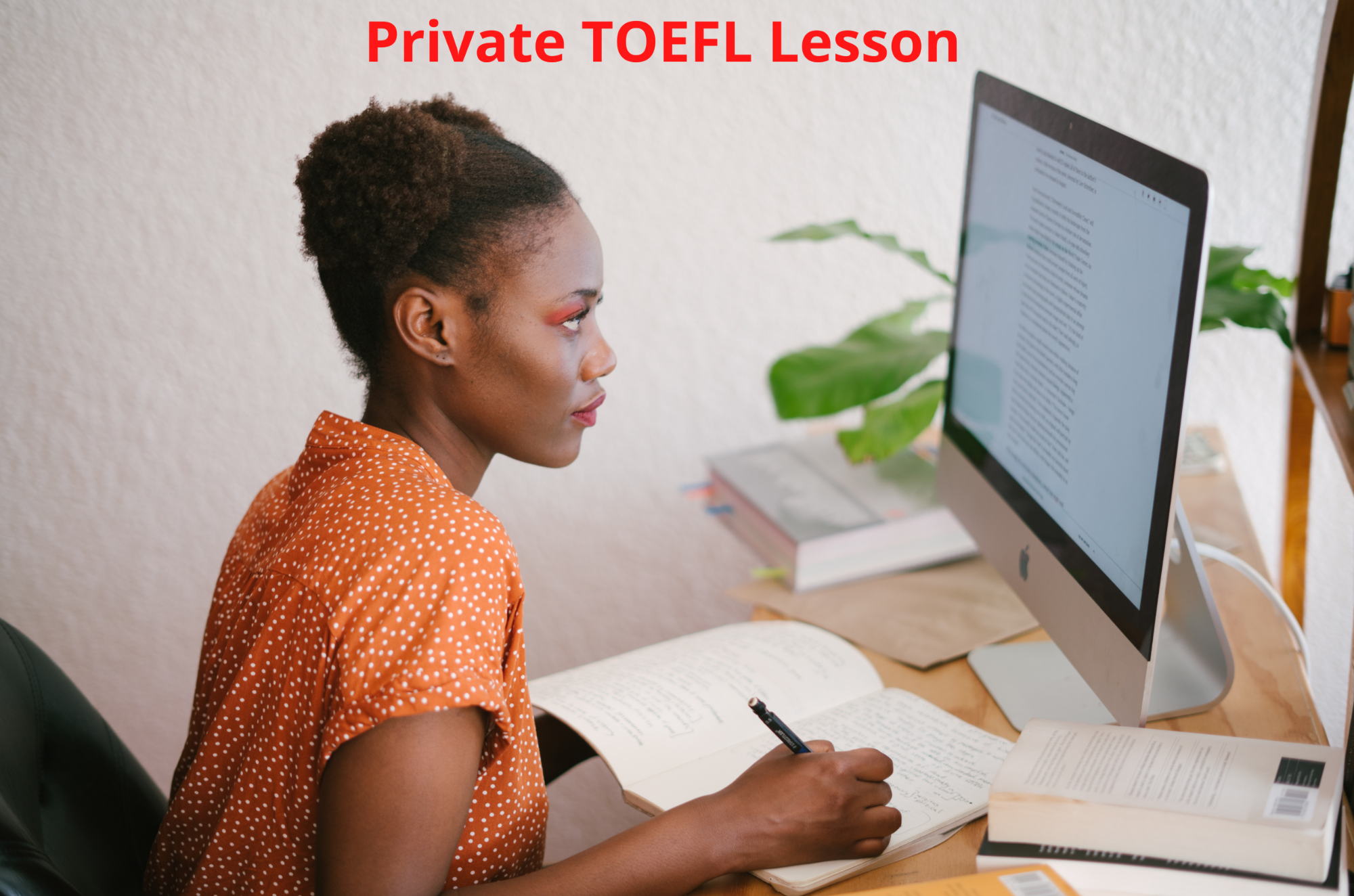
Private TOEFL Lesson
Our Head Teacher, an ETS CERTIFIED TOEFL Prep Specialist with over 20 years of experience in test preparation, will assess Your specific situation and create a custom TOEFL Lesson that will fit Your particular needs.
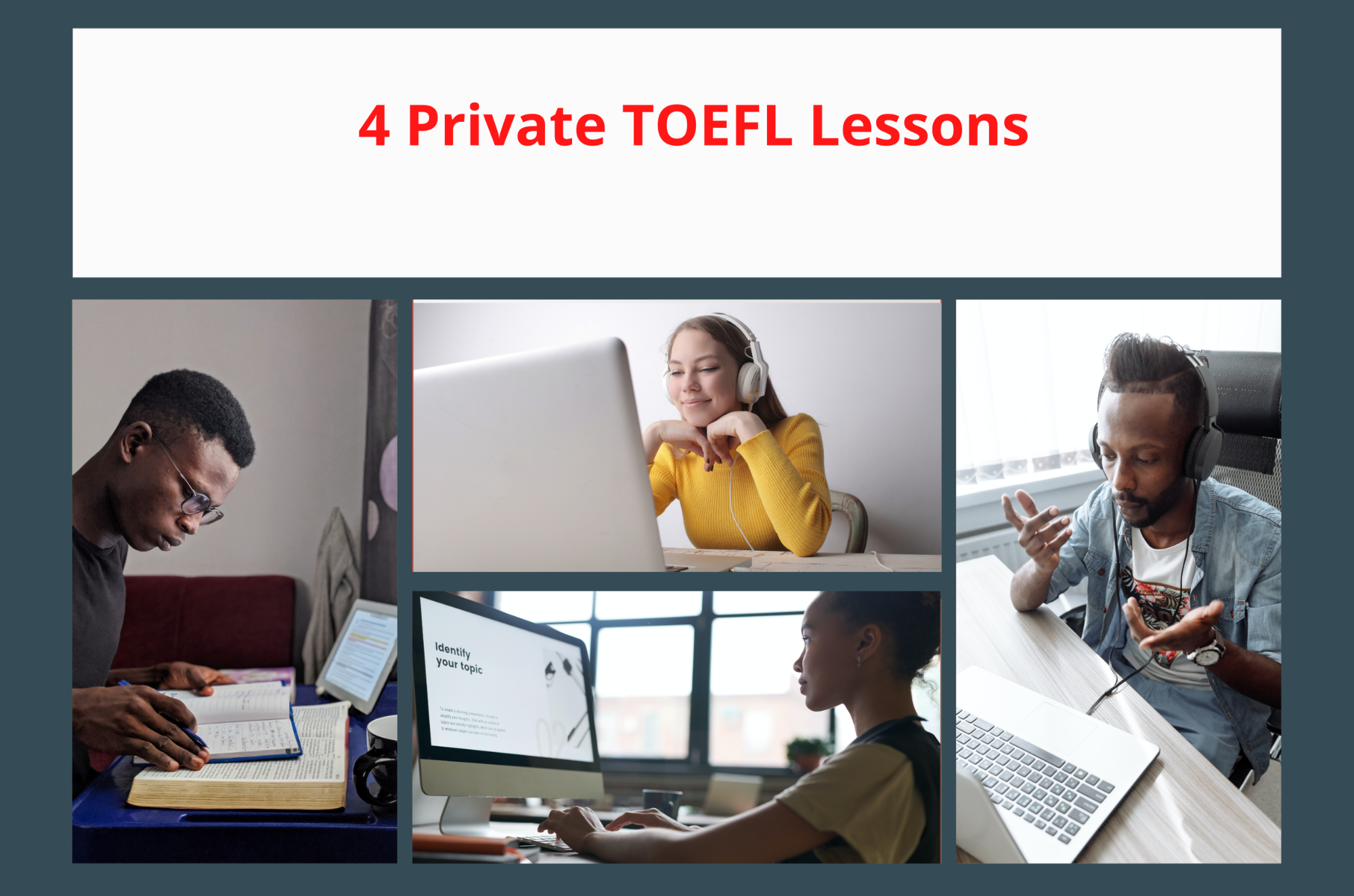
4 Private TOEFL Lessons
Our Head Teacher, an ETS CERTIFIED TOEFL Prep Specialist with over 20 years of experience in test preparation, will assess Your specific situation and create a custom TOEFL Lessons that will fit Your particular needs.

TOEFL Independent Speaking Strategies
These video lessons address the most common issues with TOEFL Speaking question #1, and offer successful strategies developed over the course of 20+ years of specializing in test preparation.
Pssst, included in this resource, You will find a SPECIAL BONUS VIDEO, packed with TOEFL Speaking advice from 3 TOEFL EXPERTS.
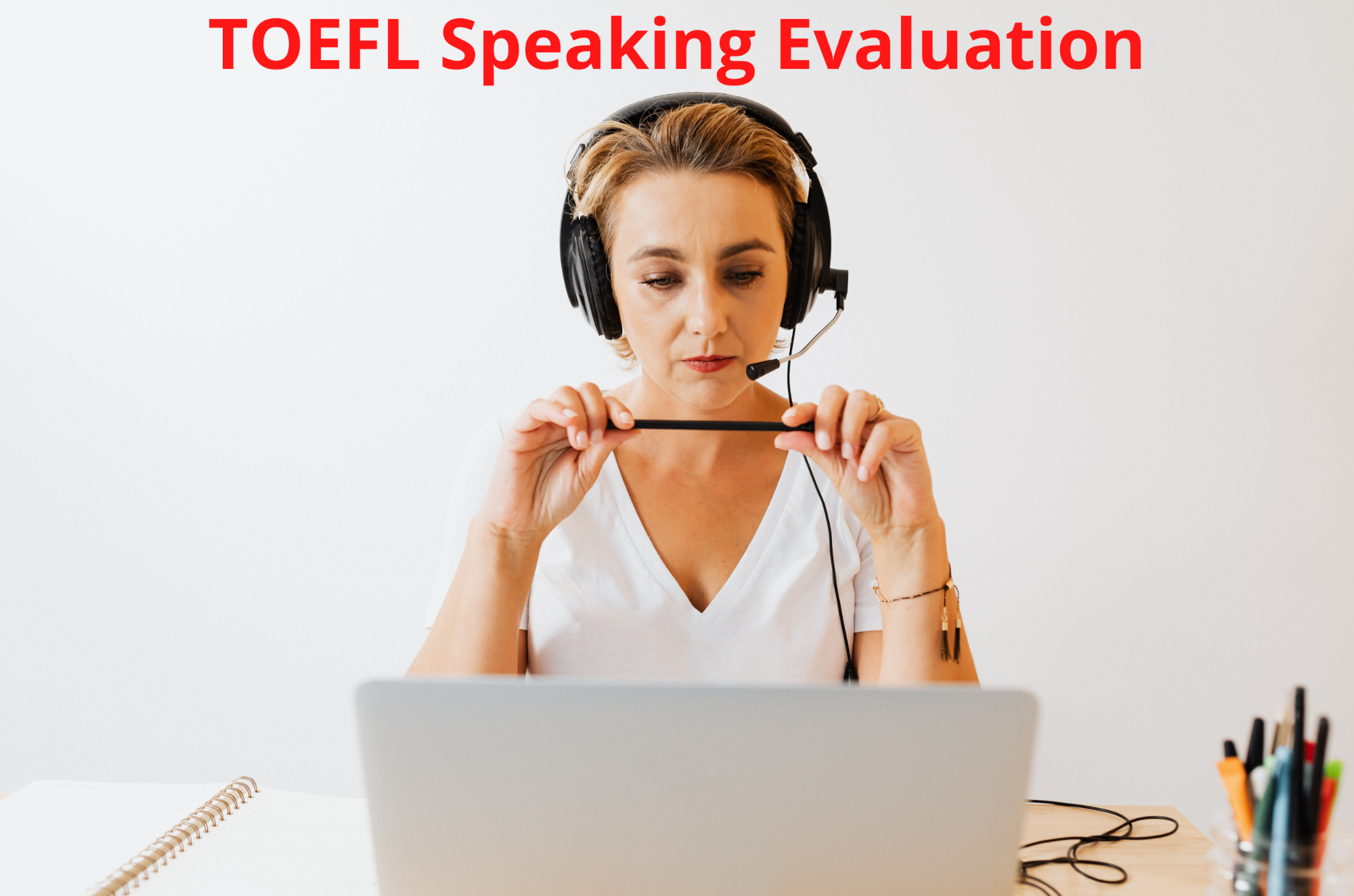
TOEFL Speaking Evaluation
Our Head Teacher, an ETS CERTIFIED TOEFL Prep Specialist with over 20 years of experience in test preparation, will assess Your on-the-spot sample Speaking Section answers and point out Your strengths and weaknesses.
Following Your Speaking Evaluation, You'll have two options - either self-study following our Head Teacher's recommendations, or practice under professional guidance in our Speaking Lessons.

4 TOEFL Speaking Lessons
Our Head Teacher, an ETS CERTIFIED TOEFL Prep Specialist with over 20 years of experience in test preparation, will create a series of 4 CUSTOM TOEFL Speaking Lessons that will focus on Your particular problem areas, whether they are related to CONTENT, USAGE or DELIVERY.
If You have previously signed up for our TOEFL Speaking Evaluation, You qualify for a SPECIAL DISCOUNT on this package.
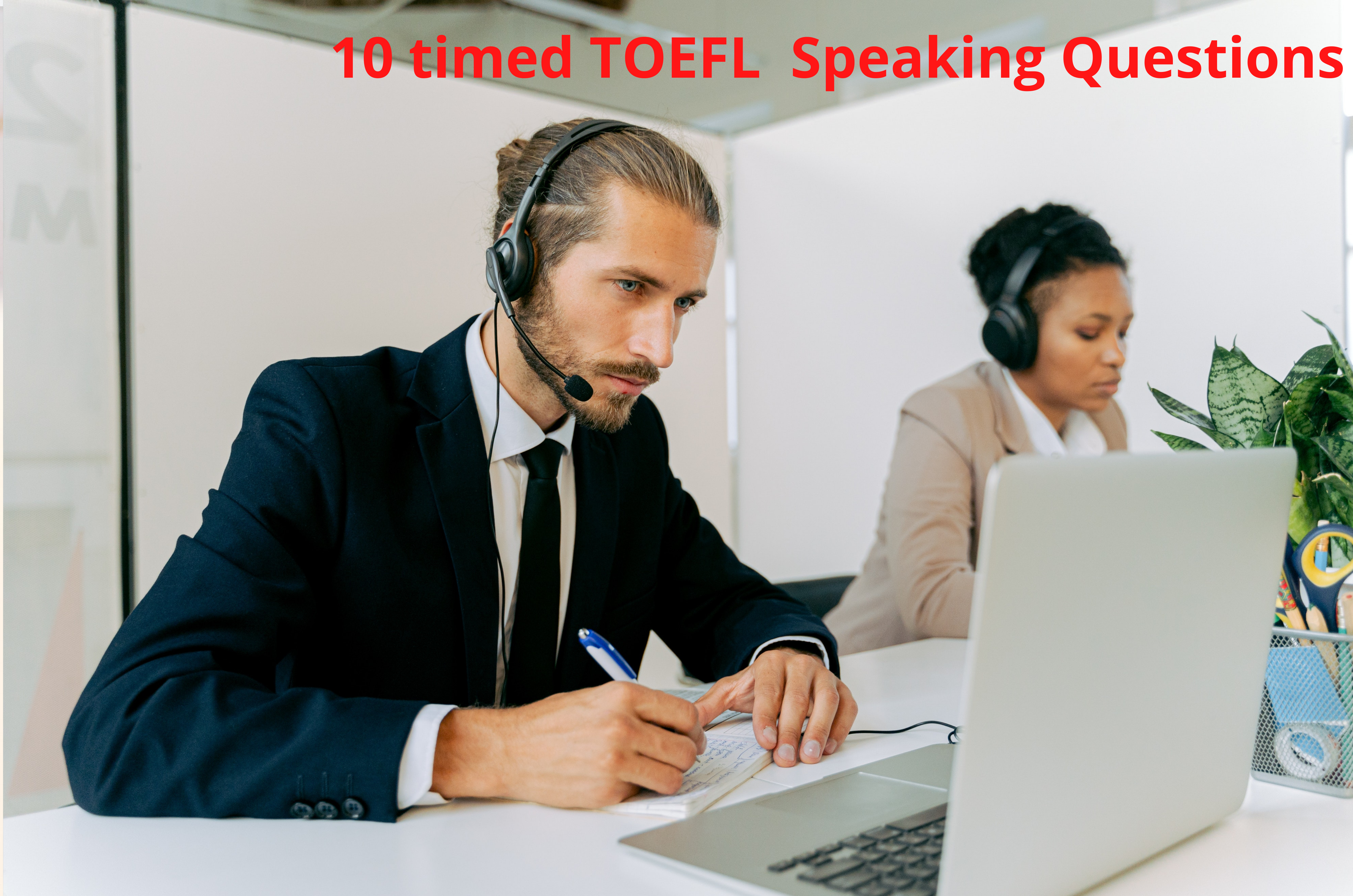
10 timed TOEFL Independent Speaking Questions
Our timed TOEFL Independent Speaking questions are great for Your practice at home. After You've answered these 10, keep using the handy timers with other questions.

Academic ESL Consultation
Let our Head Teacher help You with TOEFL preparation tailored to Your specific needs, or recommend another experienced teacher/tutor who specializes in pronunciation, Business English, IELTS or TOEIC preparation.
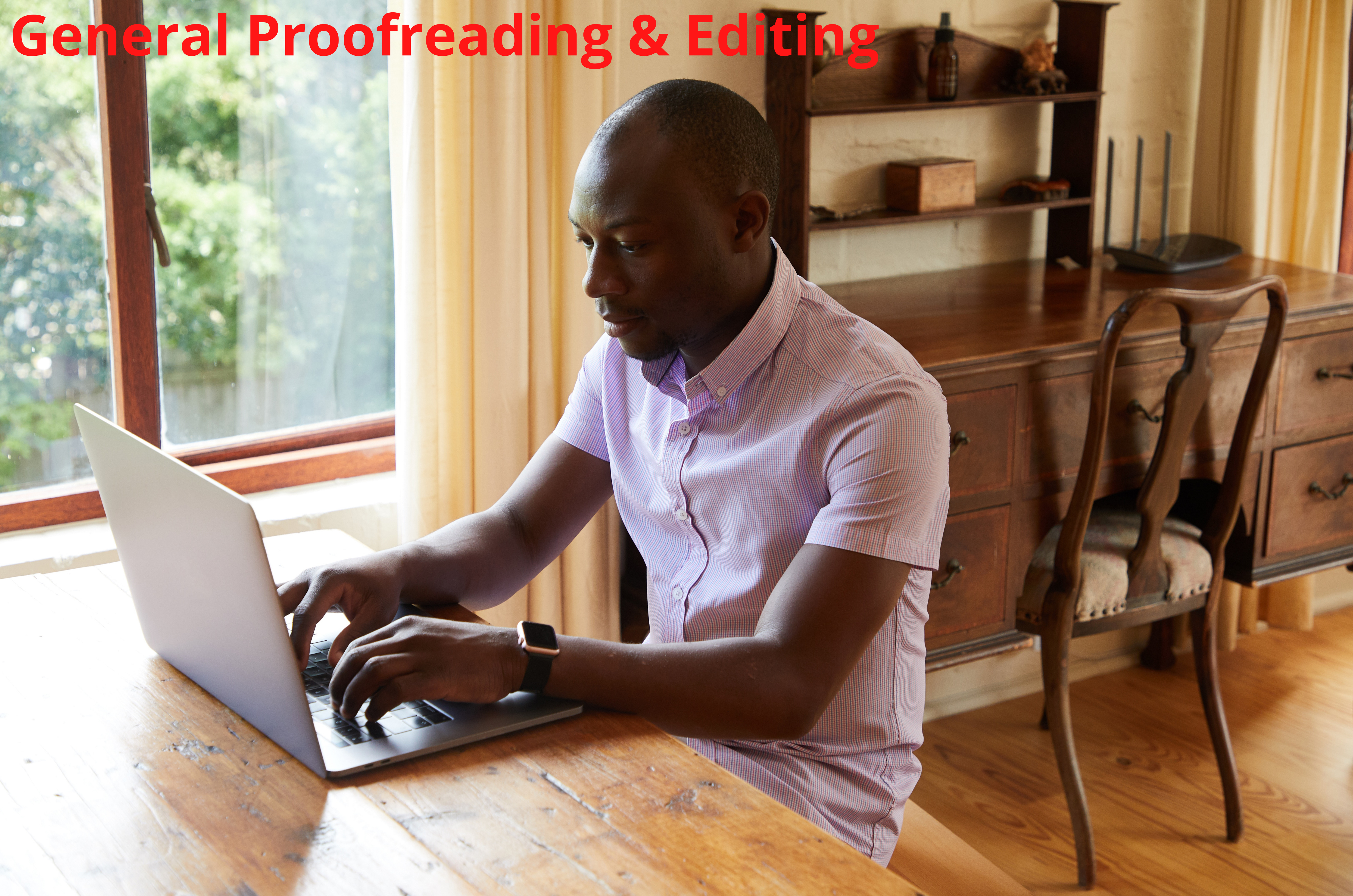
General Proofreading & Editing
Send us Your documents - Your SOPS, applications, resumes, presentations and reports, or Your other general and business writing, and we will send it back proofread & edited in detail.
